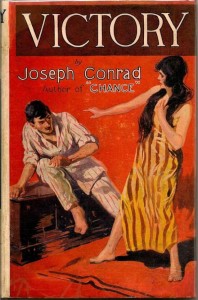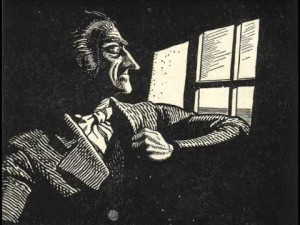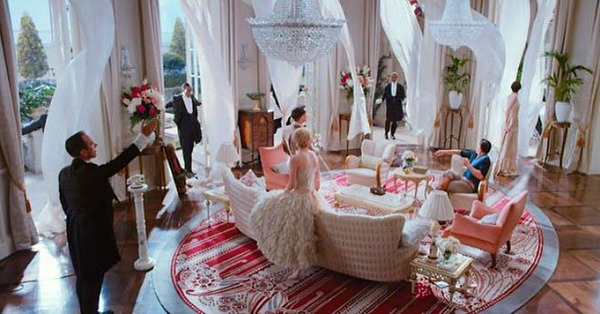 It might be possible to look at the arc of my life as a very long digression. In the world in which I grew up, careers in law, banking and medicine were the norm. But my father was an advertising man, so my dream up to the time of his sudden death was to work in the business he had chosen.
It might be possible to look at the arc of my life as a very long digression. In the world in which I grew up, careers in law, banking and medicine were the norm. But my father was an advertising man, so my dream up to the time of his sudden death was to work in the business he had chosen.
But nudges of circumstance edged me off the usual line and landed me in the world of book publishing. Given that I have spent my life selling and publishing the written word, you would think that I must have been a gifted student of English. The truth is otherwise. Grammar befuddled me; Shakespeare seemed more like Greek; and most works of literature, such as Tom Sawyer, just bored me. My grades reflected my lack of understanding and interest, and I am sure my teachers wrote me off as ordinary.
Until, that is, the imaginative lights went on in my head. The book was Joseph Conrad’s Victory and the teacher was Ben Briggs. Mr. Briggs was a gifted energetic high school English teacher who loved his job; his enthusiasm could penetrate even the toughest walls of incomprehension. I now remember the breakthrough for me as a singular event on a specific day, but in reality, Mr. Briggs woke me up through a concerted every day effort. He broke through by diagraming the animating ideas behind Conrad’s novel, especially the battle of good and evil in this world. He made the conflict visual and epic. From that time on, English became a subject I enjoyed rather than one I abhorred.
 Two other novels had a similar impact. During my second year in college, I took a lecture series on American literature. Around October, Moby-Dick was assigned and I read it for the first time. The book was a revelation; apart from appreciating the strange humor in some of the writing, I came to see that Herman Melville was engaged in an ambitious metaphysical rumination on the mysteries of life. Like the obsessed Captain Ahab, Melville was searching for Truth behind the ambiguities of existence, reflecting much of the intellectual turmoil that existed then in nineteenth-century America and beyond.
Two other novels had a similar impact. During my second year in college, I took a lecture series on American literature. Around October, Moby-Dick was assigned and I read it for the first time. The book was a revelation; apart from appreciating the strange humor in some of the writing, I came to see that Herman Melville was engaged in an ambitious metaphysical rumination on the mysteries of life. Like the obsessed Captain Ahab, Melville was searching for Truth behind the ambiguities of existence, reflecting much of the intellectual turmoil that existed then in nineteenth-century America and beyond.
The Great Gatsby is the third novel. It is a book I have read time and again and I never tire of it. F. Scott Fitzgerald was as much a poet as a novelist; he paints with words and I will conclude this with but one of many examples of why this book lives on today for me and many readers. Here is how the narrator Nick Carraway describes his first experience of the East Egg home of his cousin Daisy and her husband, his old classmate Tom Buchanan:
“We walked through a high hallway into a bright rosy-colored space, fragilely bound into the house by French windows at either end. The windows were ajar and gleaming white against the fresh grass outside that seemed to grow a little way into the house. A breeze blew through the room, blew curtains in at one end and out the other like pale flags, twisting them up toward the frosted wedding-cake of the ceiling, and then rippled over the wine-colored rug, making a shadow on it as wind does on the sea.”
